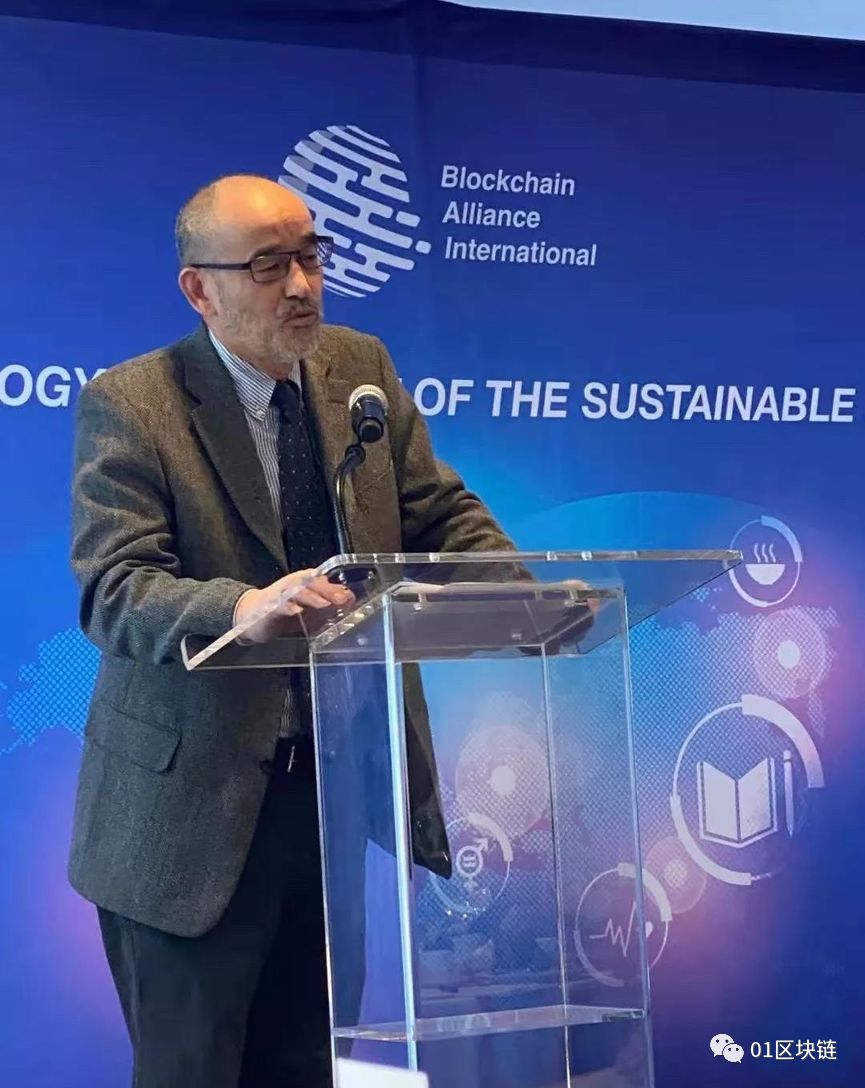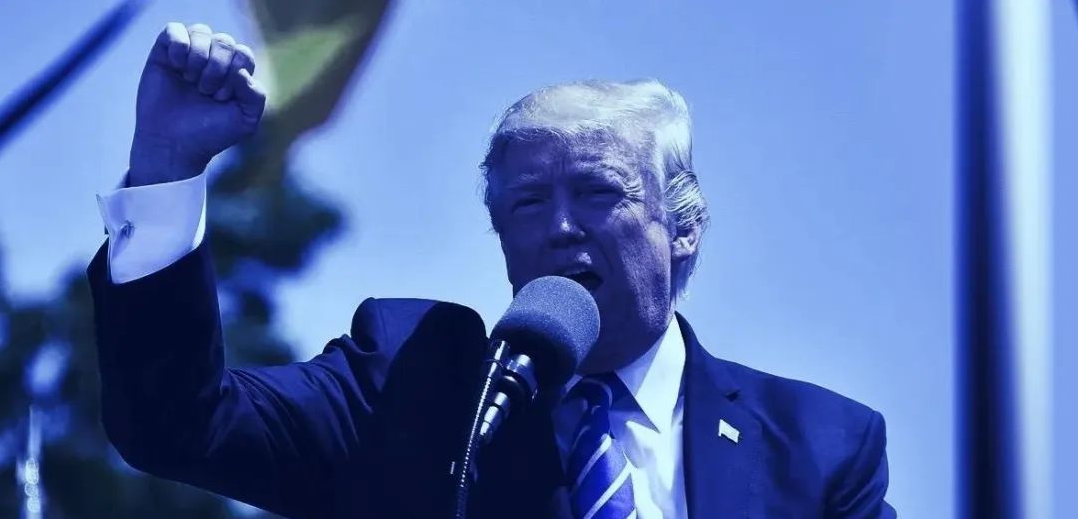Zhu Jiaming's speech at the United Nations Blockchain Forum: Actively Facing the Challenges of the Global Trust Crisis and Trust Deficit
ABI Chairman and Indian Ocean Islands Ambassador Cujba presided over the meeting; Hognhaut, Director of the United Nations Frontier Technology Development Agency; Dossal, Chairman of the United Nations Private Unit Partnership Program; Kader, former chief of the United Nations peacekeeping mission; The ambassadors of Paraguay to the United Nations, the ambassador of Tajikistan to the United Nations, the ambassador of Azerbaijan to the United Nations, diplomats and entrepreneurs, scholars and institutions who are concerned about blockchain worldwide have participated in this forum.
Zhu Jiaming, a well-known economist and chairman of the Academic and Technical Committee of the Digital Asset Research Institute, gave a keynote speech on "Proactively Facing the Challenges of the Global Trust Crisis and Trust Deficit-Blockchain Will Rebuild the Infrastructure of Human Trust" .

- Popular Science | DeFi Beginner's Guide
- Former CFTC chairman intends to promote "digital dollars" through non-profit foundations
- 2020 Winter Davos Forum Blockchain Preview: Digital Currency Becomes Core Issue but Has No Chinese Role
The consequences of the crisis of trust in the digital age are serious. The cognitive crisis brought about by the "echo room" effect, the communication difficulties with divergent discussions, the political dilemma and the shrinking of public space, the public governance and institutions Crisis of trust, destruction of democratic principles and the rule of law, increased economic inequality, troubles caused by disorderly hatred and terrorism in the context of globalization, turbulent populism, surge in trust-building costs, universal value The erosion of trust, the trust deficit and even the collapse of trust are all manifestations of the crisis of trust.
In a new era where the Internet, the digital economy, and complex disciplines are intertwined, the global approach to responding to the crisis of trust has partially or completely failed. At the same time, the organizational forms of governments, large enterprises, international organizations, and non-governmental organizations have been lost. Dealing with the impact of a crisis of trust.
Blockchain technology has obvious advantages in rebuilding trust with its distributed node network, big data and algorithms, and smart contracts. The widespread application of blockchain will be able to avoid false science and knowledge in the "post-truth era", reduce the threat of the cascade of trust to the integrity of social networks, prevent companies from manipulating information, and affect the potential psychological effects of the economic downturn. Social divisions caused by trust.
Blockchain will promote the historical transformation of human civilization from letter-based knowledge to digital knowledge, make trust transparent after calculation, transmission, update and screening, and lay the foundation for the establishment of digital identity and the trust of individuals, society and institutions. It is fundamental and restricts individuals and organizations, prompting them to observe ethics and integrity, and not participating in the production and distribution of fake data.
Finally, blockchain as a foundation platform in the digital economy era will be conducive to the development of the sharing economy, promote cooperative competition, inclusive finance, and digital democracy, and establish the rules of "positive sum game" rather than "zero sum game".
We will continue to update Blocking; if you have any questions or suggestions, please contact us!
Was this article helpful?
93 out of 132 found this helpful
Related articles
- The blockchain market raised 4.7 billion U.S. dollars a year, accounting for 40% of the total financing of 129 exchanges
- Bitcoin option fever skyrocketed, trading volume approaching historical highs or becoming price booster
- Behind 106 market cases, we discovered the impact of the BTC spot market structure on price discovery
- Crypto crime reports: billions of dollars of money laundered, more than half flow into exchanges
- Blockchain distributed storage: a new storage model for ecological big data
- The post-C-end era of blockchain: not the B-end market
- "National Mining Pool" Admission! Miners no longer "underground" in Uzbekistan, government approves exchange to go online next week




